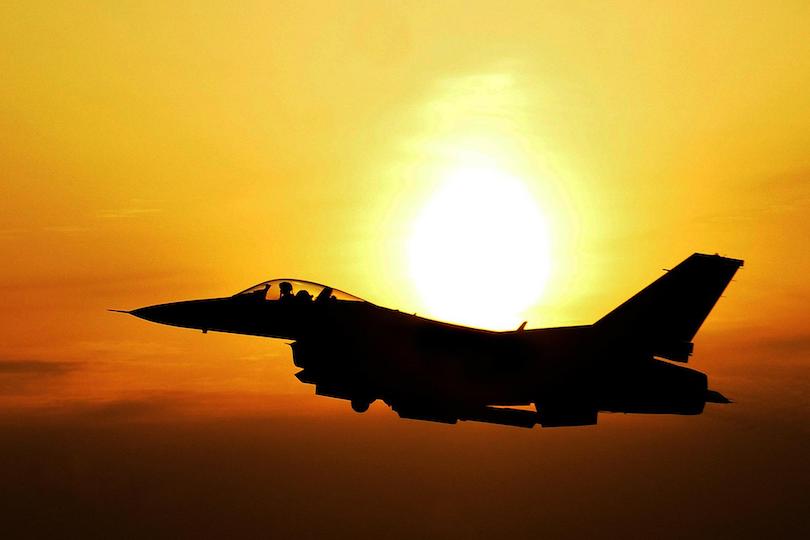“In the case of Russia’s actions in Ukraine we have examined the evidence, we know the legal standards, and there is no doubt: these are crimes against humanity,” Harris, a former prosecutor, said in prepared remarks being delivered in a speech at the Munich Security Conference.
“And I say to all those who have perpetrated these crimes, and to their superiors who are complicit in those crimes, you will be held to account.”
The official determination, which came at the end of a legal and factual analysis led by the U.S. State Department, carries with it no immediate consequences for the ongoing war.
But Washington hopes that it could help further isolate Russian President Vladimir Putin and galvanize legal efforts to hold members of his government accountable through international courts and sanctions.
Harris’ speech comes as senior Western leaders met in Munich to assess the Europe’s worst conflict since World War Two.
She said Russia was now a “weakened” country after Biden led a coalition to punish Putin for the invasion, but Russia is only intensifying assaults in Ukraine’s east. Meanwhile, Ukraine is planning a spring counteroffensive, for which it is seeking more, heavier and longer-range weapons from its Western allies.
The nearly year-long war has killed tens of thousands, uprooted millions from their homes, pummelled the global economy and made Putin a pariah in the West.
Washington had already concluded that Russian forces were guilty of war crimes as has a U.N.-mandated investigation, but the Biden administration conclusion that Russia’s actions amount to “crimes against humanity” implies a legal analysis that acts from murder to rape are widespread, systematic and intentionally directed against civilians. In international law, it is seen as a more serious offence.
The UN-backed Commission of Inquiry on Ukraine has not yet concluded that the war crimes it says it has identified amount to crimes against humanity.
In her remarks, Harris cited as “barbaric and inhumane” the scores of victims found in Bucha shortly after Russia’s invasion last February; the March 9 bombing of a Mariupol maternity hospital, that killed three people, including a child; and the sexual assault of a four-year-old by a Russian soldier that was identified by the U.N. report.
Organizations supported by the U.S. Agency for International Development (USAID) have documented more than 30,000 war crime incidents since the invasion, according to the U.S. government. Ukrainian officials said they were investigating the shelling of the city of Bakhmut just this week as a possible war crime.
Russia, which says it is conducting a “special military operation” in Ukraine to eliminate threats to its security and protect Russian-speakers, has denied intentionally targeting civilians or committing war crimes.
“Let us all agree: on behalf of all the victims, known and unknown, justice must be served,” Harris said.
The Biden administration has sought to bring alleged war criminals to justice, including training Ukrainian investigators, imposing sanctions, blocking visas and hiking penalties under U.S. war crimes laws.
Washington has spent some $40 million on the efforts so far and says it is working with Congress to secure an additional $38 million for the efforts.
But the Biden administration’s ability to enforce any such efforts beyond its borders – and certainly within Russia – is limited. Collecting evidence in the war-torn country, too, has proven difficult.
International legal bodies are also constrained. At the International Criminal Court, for instance, jurisdiction extends only to member states and states that have agreed to its jurisdiction, such as Ukraine but not Russia. Kyiv has been pushing for a new international war crimes organization to focus on the Russian invasion, which Moscow has opposed.
















